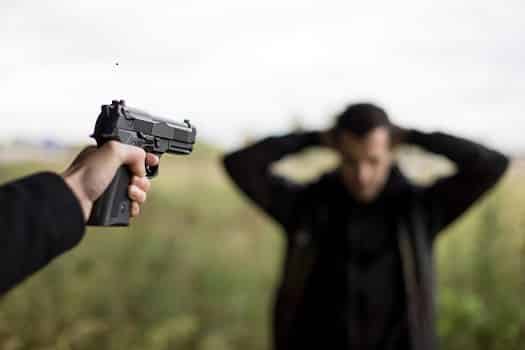Texas is one of the states that observe a legal principle referred to as the Castle Doctrine, which is often conflated with the “stand your ground” defense found in other jurisdictions. The Castle Doctrine was infamously mentioned during the trial of Amber Guyger, a former Dallas police officer who shot Botham Jean in his own apartment in 2019. Guyger’s argument was based on the premise that she thought she was entering her own dwelling, thus mistakenly assuming Jean was a trespasser.
Guyger was sentenced to 10 years in prison. As of June 2020, her request for a new trial wasn’t looking favorable. Even though the Castle Doctrine was a stretch in this case, it nonetheless brought attention to what the laws of the Lone Star State deem as justifiable force when protecting property. The firearms education professionals from Online Texas LTC, the experts who provide the highest-quality Texas LTC online course, offer the following details about using firearms against trespassers in Texas.
Sections 9.41 & 9.42 of the Texas Penal Code
These two statutes define the Castle Doctrine as follows:
- 9.41 explains what constitutes trespassing and interfering with property, which can extend to theft, carjacking, and extreme acts with intent to cause destruction, such as arson
- 9.42 justifies the use of deadly force to protect property and in situations when there’s substantial risk of serious injury or death
Texas firearm owners shouldn’t automatically assume the Castle Doctrine will protect them in court. Keep in mind that the American common law system is adversarial, which means anyone who is accused or charged of an offense can expect vigorous prosecution or civil litigation.
Actions & Consequences
Discharging a firearm will always have consequences, and some of them may not be favorable for the shooter. If detectives or prosecutors are able to dismantle a defense based on sections 9.41 or 9.42 in court, shooters may face a range of consequences that could result in more than the loss of their firearm permits. A deadly conduct charge is a felony offense with legal repercussions that can last for many years.
Reckless Discharge of a Firearm
In December 2019, a San Antonio resident fired a volley of rounds to scare off a man who was walking around the back door of the resident’s property. One of the rounds struck concrete on the patio, ricocheting and injuring the man. Although the shooter wasn’t immediately charged, the case was assigned to detectives. Depending on the circumstances of the incident, the shooter could face charges of recklessly discharging a weapon outside a shooting range or hunting ground. This offense could face greater penalties in a city with a population of more than 100,000, which is the case in San Antonio.
Potential Civil Charges & Lawsuits
The Castle Doctrine doesn’t extend to civil immunity. A shooter who kills a suspect running away with a PlayStation console may be able to escape criminal charges, but survivors of the suspect can still pursue a wrongful death lawsuit in civil court. This is part of the adversarial legal system in the United States.
It’s essential for gun owners to be thoroughly familiar with the laws that govern the use of deadly force in their jurisdictions. If you have questions about the local laws about gun use in your area, reach out to knowledgeable professionals for guidance. When they need information on firearms safety, training, or LTC 101 online classes, gun owners trust the expertise of the pros from Online Texas LTC. If you have questions about any aspect of gun ownership in Texas, give us a call today at 512-675-2124.





